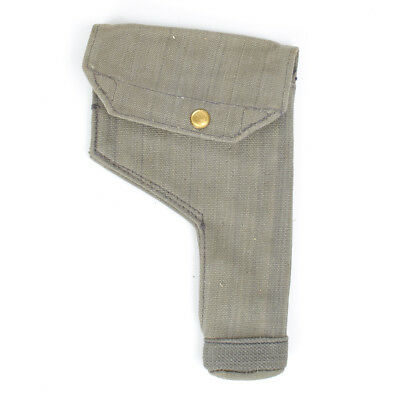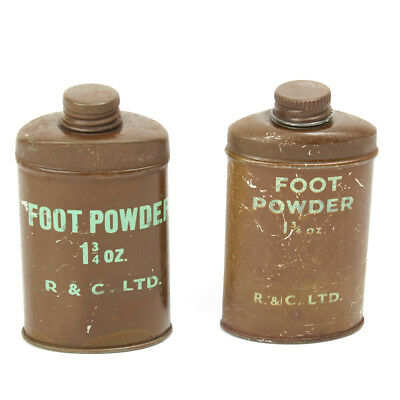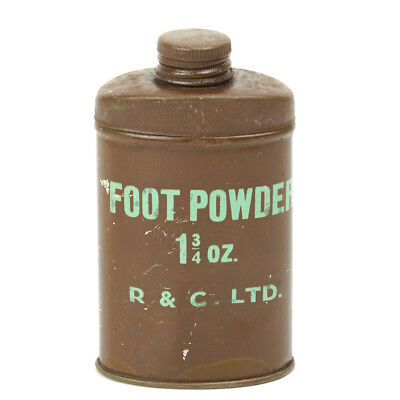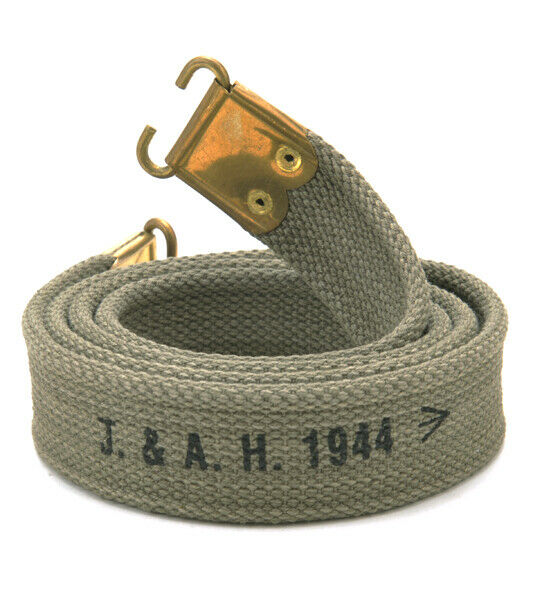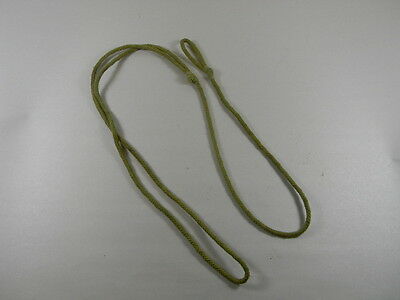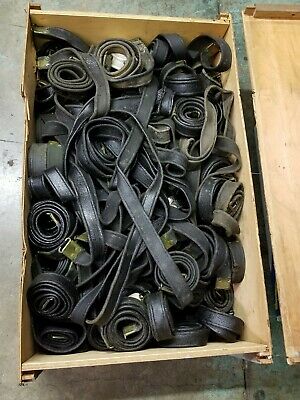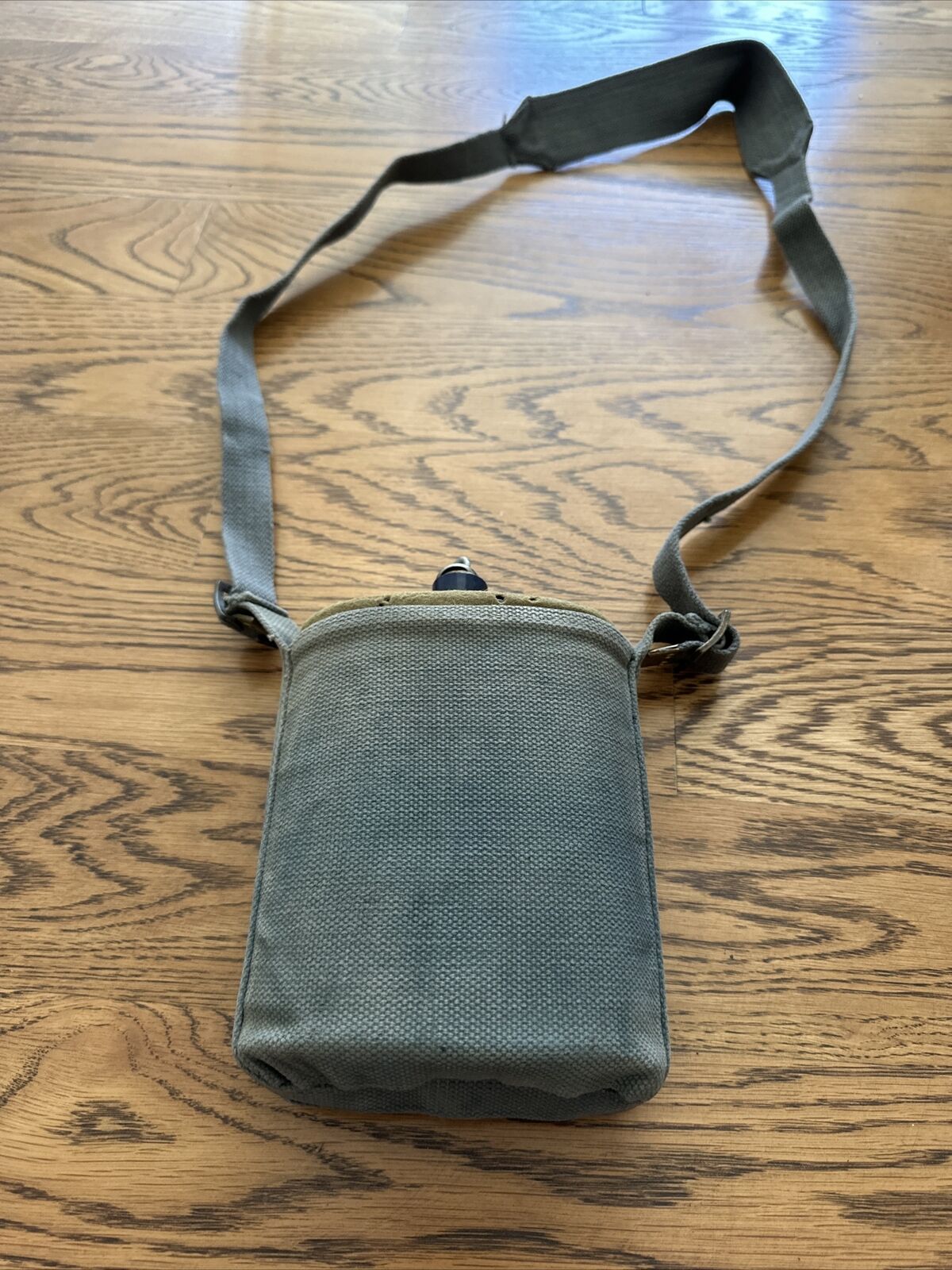-40%
WWII Towel (8th AAF,RAF,Blitz) “There’ll Always Be An England” Linen woven. Mint
$ 21.11
- Description
- Size Guide
Description
WWII LINEN TOWEL(8th AAF, the Blitz, R.A.F., Battle of Britain, W. S. Churchill)
“THERE’ll ALWAYS BE AN ENGLAND”
is woven in 1" high letters on the red banner that runs the length of the TOWEL. This line from the lyrics of arguably one of the most popular songs of the day appeared everywhere -- on posters, sheet music, tea cups, plates, wall hangings, book marks... and linens!
No other line so pefectly embodies the proud
DEFIANCE
of Britons in the dark days of the
Blitz, the Battle of Britain,
and
Dunkirk...
when Britain "stood alone" against the Nazi juggernaut... as Churchill rallied the nation, as he and Dame Vera Lynn waged war with the muscular "spoken" and "sung word!!" Think of the world of
Mrs Miniver
(Greer Garson and Walter Pidgeon, 1942) and General Percival's surrender of the 62,000-strong British garrison of Singapore to Japan's Yamashita, "the Tiger of Malaya."
THIS
was the ANTIDOTE:
"THERE'LL ALWAYS BE AN ENGLAND!!"
Patriotic
Red
and
Blue
Border on a crisp
White
background.
"ALL LINEN WEFT,"
is
woven into both ends of the Towel. This
TOWEL
is NOT printed, but
WOVEN!
MINT condition! ZERO frays, holes, stains, or loose stitches!
Dimensions:
29” x 18 1/2”
(Similar in size and weight to the G.I.
OD#3 'Huck' Towels
issued to the
AAF
Airmen and troops stationed there in England).
Perfect for the
Haversack
or
Footlocker
display alongside a razor, a small metal mirror, a tube of
Barbasol Shaving Cream
, a can of
Pepsodent Tooth Powder
, a bar of
Lifebuoy
, a tootbrush, and a comb!
This example came out of the estate of an
8th Army Air Force
veteran stationed at one of many airfields in
East Anglia
during the war. In 1942, the first of over 1.5 million American Servicemen arrived on British shores in preparation for the Allied offensives, air and channel-borne amphibious, again Germany's
"Fortress Europa.
"
*****
"
There'll Always Be an England
" is an English
patriotic song, written and distributed in the summer of 1939, which became highly popular following the outbreak of the Second World War.
It was composed and written by Ross Parker and Hughie Charles. It was
popularized by the immensely popular
"Forces Sweetheart," Dame Vera Lynn
.
In its lyrics, the song invokes various clichés of English rural life, libery, and 'empire.' It is best known for its chorus:
There'll always be an England,
And England shall be free
If England means as much to you
As England means to me.
The song first appeared in
Discoveries,
a 1939 film by Carroll Levis, where it was sung by the boy soprano Glyn Davies.
After war broke out on 1 September, the song became a hit for the incomparable Vera Lynn. Within the first two months of the war, 200,000 copies of the sheet music were sold.The song was used to express British patriotic defiance in the finale of
Two Thousand Women,
a successful 1944 film starring Phyllis Calvert and Patricia Roc about women interned by the Germans in occupied France.
*****
Mark Steyn
, writing about these lyrics, that they were,
... a full-throated expression of love for England... It was April 1939, a very dark spring in Europe, and one concentrating the minds of the London lyricist Ross Parker and his publisher. "He said, 'Ross, there's a song doing very well in the States called
"God Bless America".
Think you can do one like it?' So I sat down and wrote,
'There'll Always
Be An England'."
In 1939, England didn't seem so quite so obviously blessed by the Almighty as America, but Parker and his composing partner Hughie Charles set to it. It's a stirring declarative martial song but with, at least initially, oddly delicate imagery:
There'll Always Be An England
While there's a country lane
Wherever there's a cottage small
Beside a field of grain...
Six years later, at the end of the war, Ivor Novello was writing:
We'll Gather Lilacs in the spring again
And walk together down an English lane...
Even in a small and highly urbanized state, the idea of a rural England is very potent. I once had a long and rather moving conversation with Mrs Thatcher, as we stood side by side looking through the mullioned windows of an ancient manor house at the lawns and fields beyond, about how England had more or less invented the idea of the "countryside". Not the semi-wilderness of the Great North Woods in Maine and New Hampshire, but a very ordered, very English kind of country - a patchwork of lanes and hedgerows and stiles centered around a church and a pub and a manor house. Even in the cities, the myth of a bucolic rural England is a potent one. So, having doffed his Denmark Street cap to it, Ross Parker moves on to the great industrial cities:
There'll Always Be An England
While there's a busy street
Wherever there's a turning wheel
A million marching feet...
Lyrics
I give you a toast, ladies and gentlemen
I give you a toast, ladies and gentlemen
May this fair land we love so well
In dignity and freedom dwell
Though worlds may change and go awry
While there is still one voice to cry
There'll always be an England
While there's a country lane
Wherever there's a cottage small
Beside a field of grain
There'll always be an England
While there's a busy street
Wherever there's a turning wheel
A million marching feet
Red, white and blue
What does it mean to you?
Surely you're proud, shout it aloud
Britons, awake
The empire too, we can depend on you
Freedom remains
These are the chains
Nothing can break
There'll always be an England
And England shall be free
If England means as much to you
As England means to me
Red, white and blue
What does it mean to you?
Surely you're proud, shout it aloud
Britons, awake
The empire too, we can depend on you
Freedom remains
These are the chains
Nothing can break
There'll always be an England
And England shall be free
If England means as much to you
As England means to me












